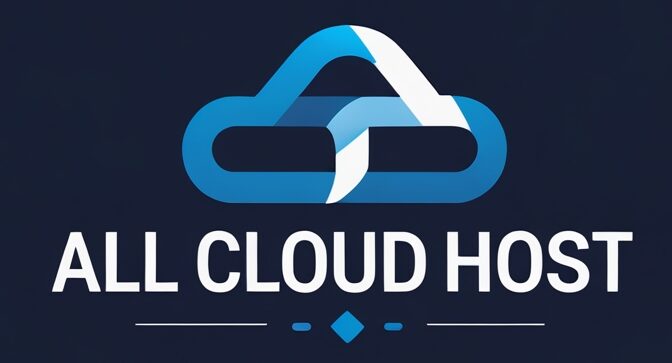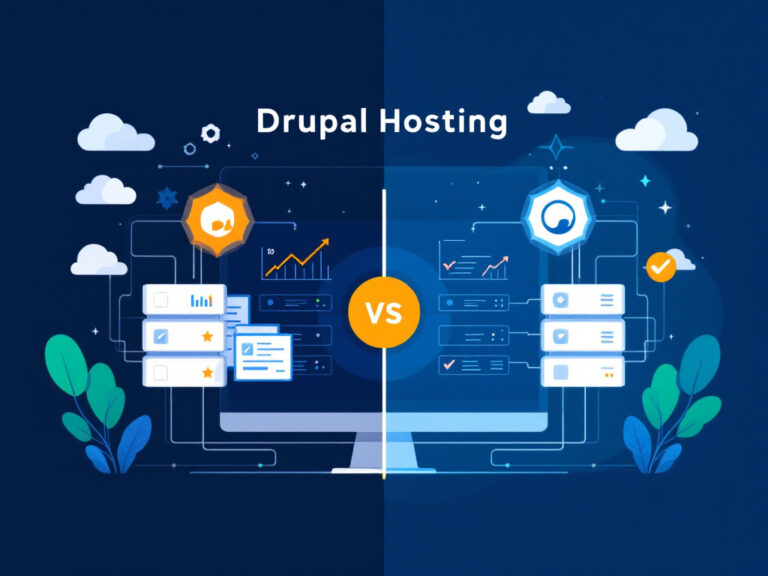Are you ready to launch your very first website but not sure where to start? If you’re looking for the best web hosting providers, you’re already one step closer to making your dream site a reality. Web hosting is like renting space on the internet, and picking the right landlord (or hosting company) matters more than you might think. Let’s break down the basics so you know exactly what to expect, what to look for, and how to choose the hosting solution that fits your needs.
Understand web hosting basics
Web hosting is the service that puts your website’s files on a server, making them accessible to people across the globe. When someone types your domain name into a browser, the hosting company delivers your site’s content straight to their screen.
- If your site isn’t hosted somewhere, nobody can see it.
- Hosting also includes behind-the-scenes features like security patches and server maintenance.
The right hosting plan should ensure your site is live, fast, and safe. Think of it as the foundation of your online presence.
Spot key hosting features
When you’re just starting out, certain hosting features can make your life much easier. You don’t want to wrestle with complicated tools or hidden fees, so keep an eye on:
- Bandwidth and storage
- Check if the provider offers enough resources to handle traffic without slowdowns.
- Uptime guarantee
- Aim for 99.9% or higher. That means your site stays live around the clock.
- Customer support
- Look for 24/7 chat or phone support. As a beginner, you’ll likely have questions at odd hours.
- Extras for beginners
- Some hosts offer bundles, like web hosting with free domain deals. This can simplify your setup and save money.
- Security measures
- Automatic backups, SSL certificates, and firewalls should be standard.
Compare major hosting types
Hosting comes in different flavors, each tailored to specific needs. Here’s a quick rundown:
Shared hosting
- Multiple websites share the same server.
- Usually the most beginner-friendly and budget-friendly.
- Suitable for small personal blogs or local business websites.
VPS hosting (Virtual Private Server)
- A step up, with more isolated resources.
- Offers greater control and stability than shared hosting.
- Ideal if you want faster performance without the higher cost of a dedicated server.
Dedicated hosting
- You get an entire server to yourself.
- Higher price point but maximum control and performance.
- Usually for large websites with heavy traffic and specialized needs.
Cloud hosting
- Uses a network of servers rather than a single physical server.
- Scales up or down based on traffic spikes.
- Handy if your business and traffic are growing fast.
Explore top hosting providers
Wondering how to find the perfect match? Start by reading user reviews, checking support response times, and exploring each company’s beginner-friendly tools. The best web hosting providers often include:
- One-click installers for popular site builders (like WordPress).
- Easy-to-navigate dashboards for updates and site management.
- Fair renewal pricing so you’re not blindsided by a big rate hike later on.
A helpful strategy is to compare a few providers side by side. Create a small table of features, costs, and extras. Jot down what matters most to you, such as easy setup or unlimited email accounts. This quick reference can narrow your options fast.
Wrap up and move forward
Getting your site online doesn’t have to be complicated. You now know the core features to watch for, from uptime guarantees to customer support. You also have an overview of the main hosting types, so you can decide which one fits your vision and budget.
Your next step? Pick a hosting company, sign up, and bring your site to life. If you’re still unsure, start small with shared hosting and upgrade only when you genuinely need more power. By taking it one step at a time, you’ll feel confident about your new home on the web. Once your site is up, be sure to keep learning and exploring, because that’s where the real fun begins. Good luck with your online adventure!











